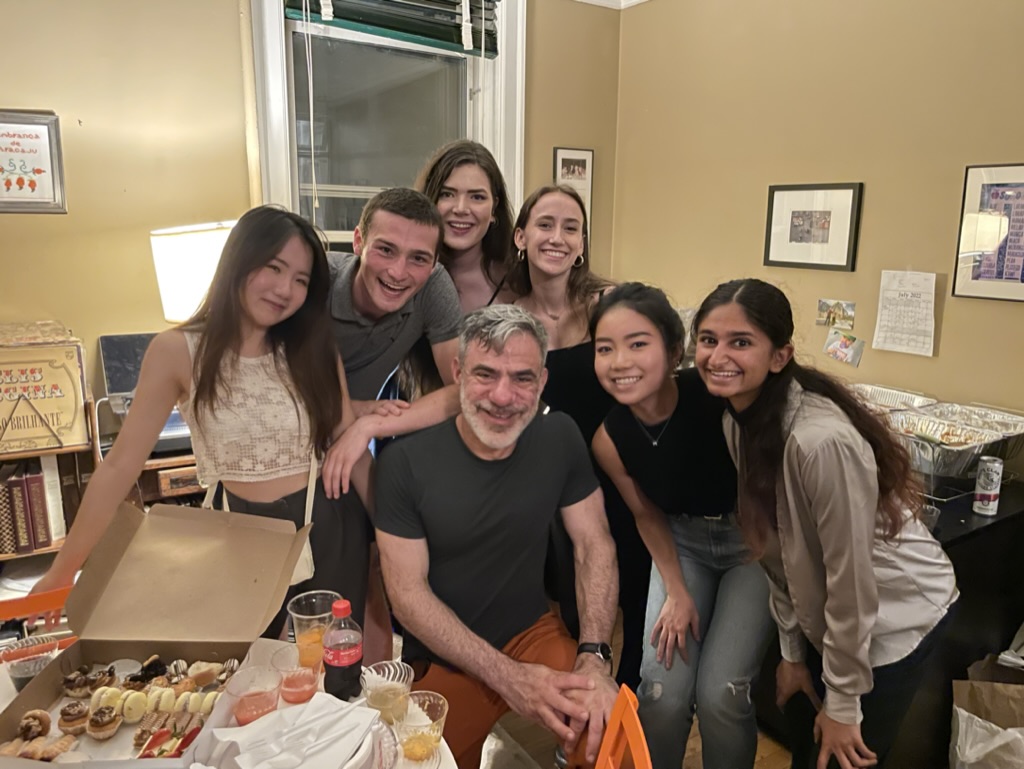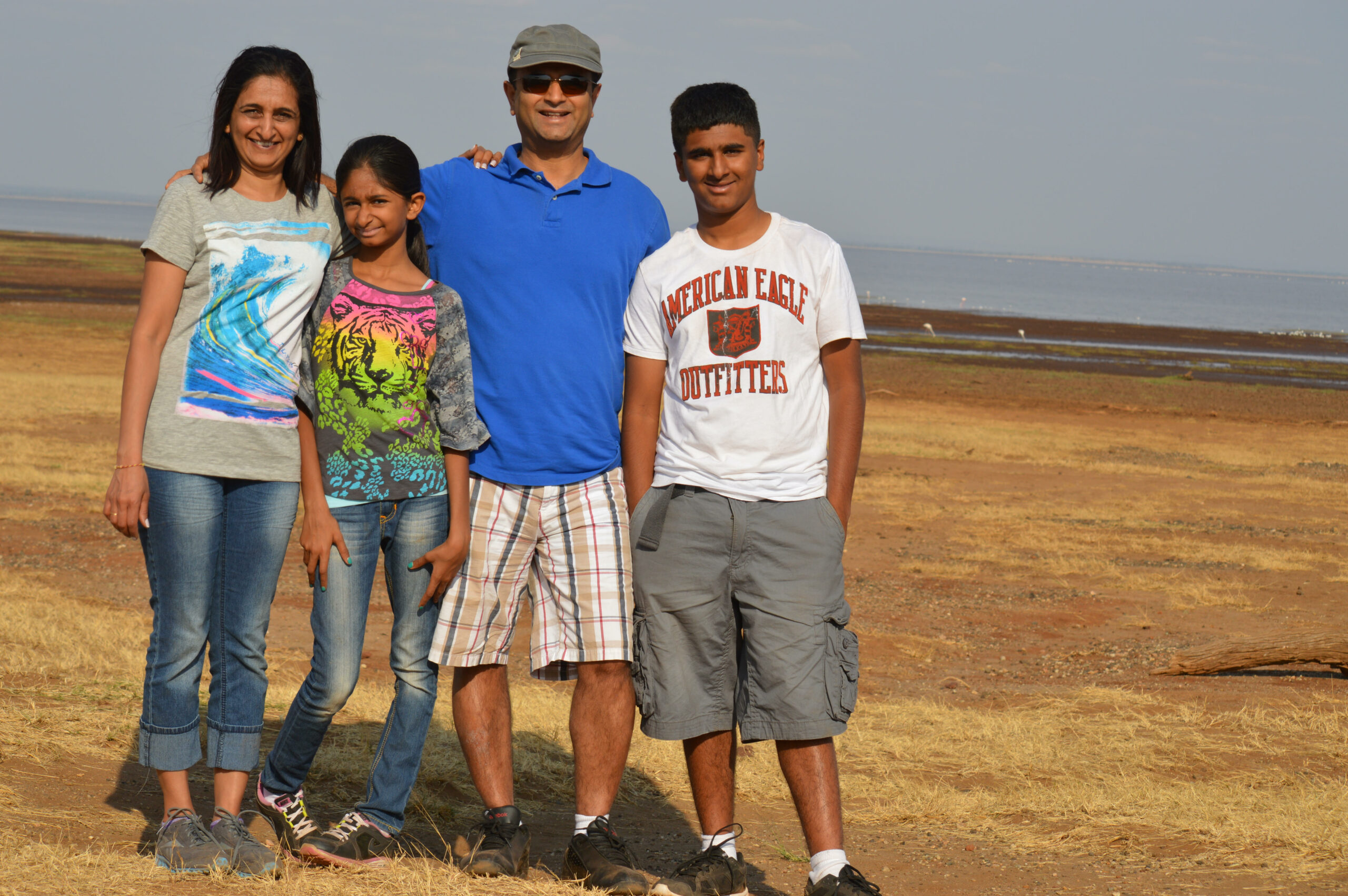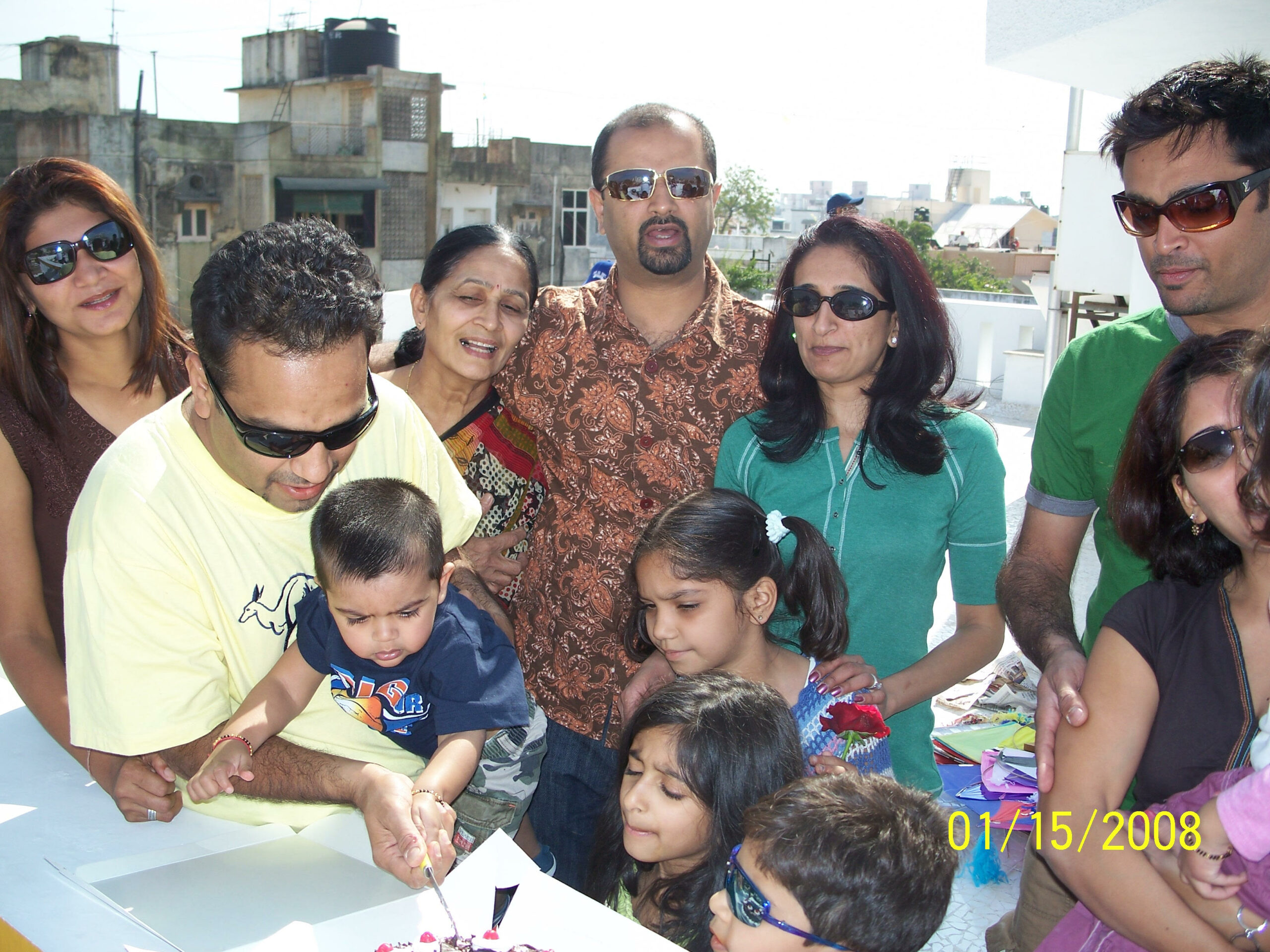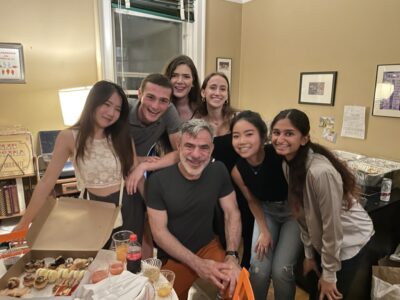If you asked me four years ago what travel really means to me, I probably would’ve said a slew of generalized statements. I would’ve discussed the importance of culturing yourself by going to different countries. I would’ve said the further you went, the more to discover. I kept a list of countries I went to as if it signified this great big accomplishment, looking past the privilege that accompanied these lavish trips. Traveling the world remains an important part of my dad’s life; I was just lucky enough to join. In the process, I saw small distances as frivolous trips amounting to no real value.
Travel became a bragging right to boast around, losing any real meaning it once held to me. It consisted of checking as many countries off my list as possible.
I wanted to go to each of the seven continents. I wanted to experience every culture I could. And similar to my dad, I wanted to make it a life mission of mine to travel as much as possible. During all that time, I minimized the traveling my peers did to go see their families in their home countries. I considered it such a waste for them to go every year just to see their families rather than explore the world.
Growing up in the U.S., I really did not have much of a connection with my relatives in India because I barely saw them. So much so that I have not seen most of them in over 14 years. I never understood the aspect of travel that connected people, or at least I didn’t see the value of it. For my mom, the trips we took to Spain and Jamaica were nothing more than an unwanted vacation. While for me they were enriching experiences, she considered them burdensome trips that kept her from visiting her home. I didn’t stop to think about how hard it must’ve been for her to leave her family behind and work her way up to create a good life for me, only to never really return home.
That was until I took a class about travel writing.

We spent our time finding stories in our own neighborhoods, seeing the value in the places we call home. My professor opened the class by saying he detested people who only considered the number of countries they’d been to as a testament to how well-traveled they were. Had he not said that, I would’ve written about all the countries I’ve traveled to and how enriching the experiences I gained from those trips were.
Instead, I really thought about my toxic relationship with travel, reconsidering what I should value about it.

I began thinking over my favorite trip: Tanzania and Kenya. My dad was born in Zanzibar, an island off Tanzania, and a great deal of our family still live in that part of Africa. Much to my disbelief, it was not just the breathtaking experience of seeing wild animals in the Serengeti or seeing Mt. Kilimanjaro that I remembered the most. Rather, seeing the hospital where my grandmother gave birth to my dad, the home he grew up in and meeting family I barely knew for the first time made this trip so important to me.
When asked about my time there, I gave detailed descriptions of the animals I saw and the tents I slept in while in the grasslands. Even though when I thought about it, I vividly remembered the mouth-watering flavor of the tomato juice chicken curry my aunt made for me as soon as we got to their house from the airport. But that didn’t seem like something I could brag about, something I can say to impress others, so what’s the point?
By the time I went to college, I saw cliff jumping in Jamaica, ziplining in Cancun and hiking through the Grand Canyon.

Yet despite all those experiences, the memories that stuck with me were the tears my grandmother shed when she saw me for the first time. The memory of riding behind my uncle on his motorcycle to get questionable street food just outside of my mom’s hometown stuck in my brain more than anything else. For me, travel will first and foremost be the lifeline I never had to the rest of my family and a means to better understand my own culture in relation to others.



















